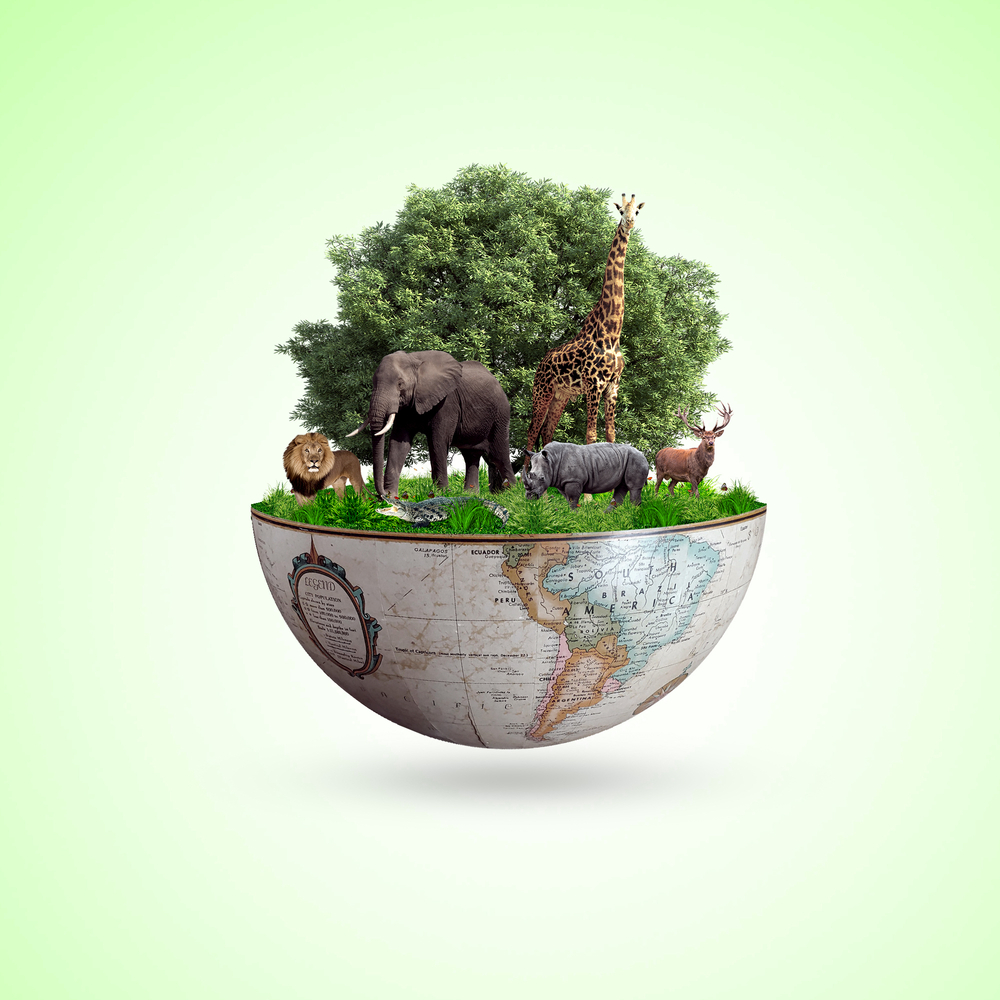In recent years, there has been a noticeable shift towards plant-based diets, reflecting a growing awareness of the health and environmental benefits associated with reducing meat consumption. This dietary revolution, known as the plant-based progress, is reshaping the way we view food and nutrition.
Plant-based diets prioritize foods derived from plants, such as fruits, vegetables, grains, nuts, and seeds, while minimizing or eliminating animal products. This dietary approach offers numerous advantages, both for individuals and the planet.
Health Benefits:
- Improved Heart Health: Plant-based diets are naturally low in saturated fats and cholesterol, which can help lower the risk of heart disease and stroke.
- Weight Management: High-fiber, nutrient-dense plant foods can aid in weight loss and weight management, promoting overall health and well-being.
- Reduced Risk of Chronic Diseases: Research suggests that plant-based diets may lower the risk of developing chronic conditions like type 2 diabetes, certain cancers, and hypertension.
- Enhanced Digestive Health: The abundance of fiber in plant foods supports a healthy digestive system, promoting regularity and gut health.

Environmental Impact:
- Reduced Carbon Footprint: Plant-based diets have a lower environmental footprint compared to diets rich in animal products, as they require fewer natural resources and produce fewer greenhouse gas emissions.
- Preservation of Natural Habitats: By reducing the demand for animal agriculture, plant-based diets help mitigate deforestation and habitat destruction associated with livestock farming.
- Water Conservation: Plant-based diets require significantly less water to produce compared to animal-based diets, contributing to water conservation efforts.
Social and Ethical Considerations:
- Animal Welfare: Choosing plant-based foods aligns with ethical concerns about animal welfare, promoting compassion towards animals and reducing their exploitation for food.
- Food Security: Plant-based diets offer a sustainable solution to global food security challenges by utilizing resources more efficiently and feeding more people with less land and water.

Embracing a plant-based diet doesn’t mean sacrificing flavor or satisfaction. With the abundance of delicious plant-based recipes and innovative meat alternatives available today, transitioning to a plant-based lifestyle has never been more accessible or enjoyable.
In conclusion, the growing trend towards plant-based diets represents a positive shift towards healthier, more sustainable eating habits. By incorporating more plant foods into our diets, we can improve our health, reduce our environmental impact, and contribute to a more compassionate and resilient food system for future generations.
